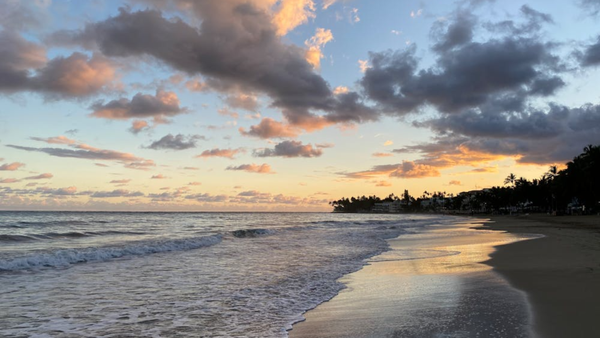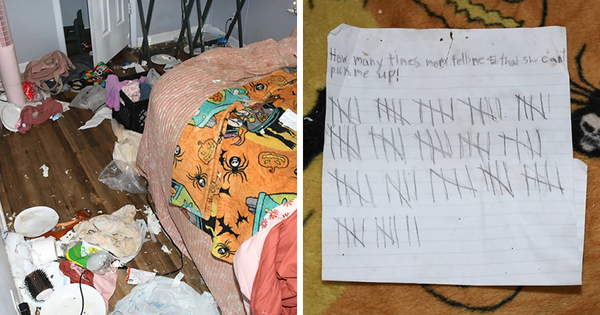
Hit by a funding crisis, largely linked to a cut in the United States' contribution, United Nations High Commissioner for Human Rights has been forced to announce the suspension of a fact-finding mission into human rights abuses committed in eastern DRC.
The UN High Commissioner for Human Rights, Volker Turk, announced last week that this mission could not go ahead "until - and unless - the funds are available."
"The situation is very worrying," a UN employee in the DRC confirmed.
In an email sent to RFI journalists, the High Commissioner wrote that he regretted that the next stage of the process could not be completed given that voluntary contributions are down by $60 million (€51 million) this year.
The major cash crunch is caused by some countries failing to fully pay their contributions, compounded by major cuts in foreign aid by the United States under President Donald Trump.
Washington was still the institution's largest donor last year, with a payment of $36 million (€33 million), but its contribution to the mission's funding fell to zero as of 31 May.
Türk warned that the funding cuts to his office only "serve to consolidate the position of dictators and authoritarian leaders."

Plagued by violence
The mission was launched in February following the adoption of a Human Rights Council resolution calling for the urgent establishment of a fact-finding mission and a commission of inquiry composed of three independent experts.
The work in eastern DRC had begun work with $1.1 million in funding from emergency reserves with an overall budget estimated at $3.9 million (€3.3 million).
The procedure aimed to "collect, gather and analyse evidence" of allegations and human rights abuses committed in the provinces of North and South Kivu.
The fact-finding mission had already resulted in the collection of "a large amount of evidence from victims and witnesses in the DRC, Rwanda and Burundi, as well as other countries," Turk, said.
The resource-rich eastern DRC, bordering Rwanda, has been plagued by violence for 30 years and all parties involved have committed human rights abuses, some possibly amounting to war crimes, the UN office has said.
The Congolese rebel group M23, backed by Rwanda, launched a lightning offensive at the beginning of the year, taking control of key cities Goma, followed by Bukavu, and has set up to govern the regions under its control.
Horrific crimes
The United Nations found that the M23 arbitrarily arrested police officers and large numbers of other civilians, including children during this time.
According to witnesses, those captured were, and are, still being held in "inhumane conditions," and many were forcibly recruited into the ranks of the M23.
The UN report also looked into cases of summary and extrajudicial killings as well as the "horrific" use of sexual violence by all parties as a means of reprisal against communities.
The evidence found by the commission can be used in pre-trial investigations by tribunals such as the International Criminal Court.
DR Congo and Rwanda on brink of historic US-brokered peace deal
Meanwhile, the President of the DRC, Felix Tshisekedi, said Monday that a peace deal with Rwanda aimed at ending the violence paves the way for "a new era of stability".
After several attempts at negotiation, Congolese and Rwandan foreign ministers inked an agreement in Washington on Friday.
The text – negotiated through Qatar since before Trump took office – does not explicitly address territorial gains by the M23.
(with newswires)







